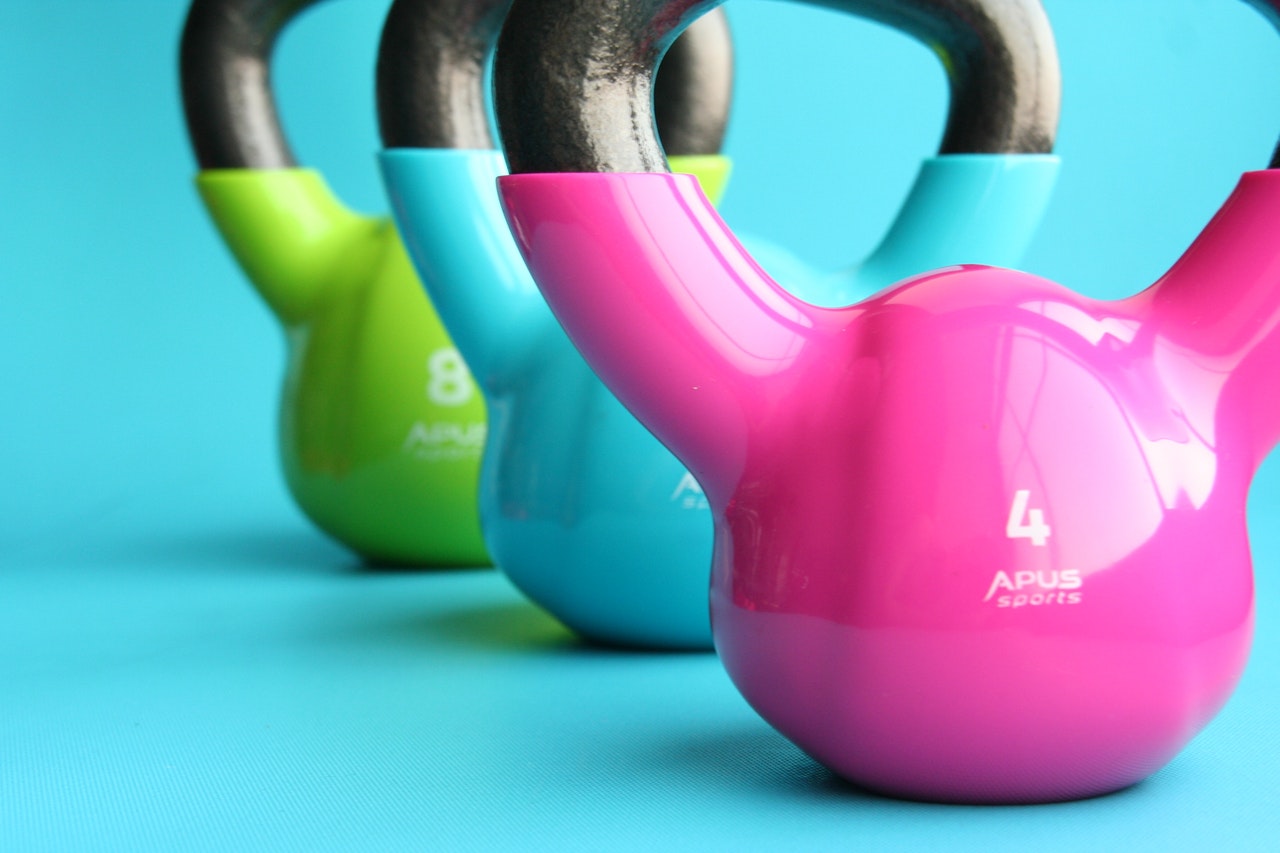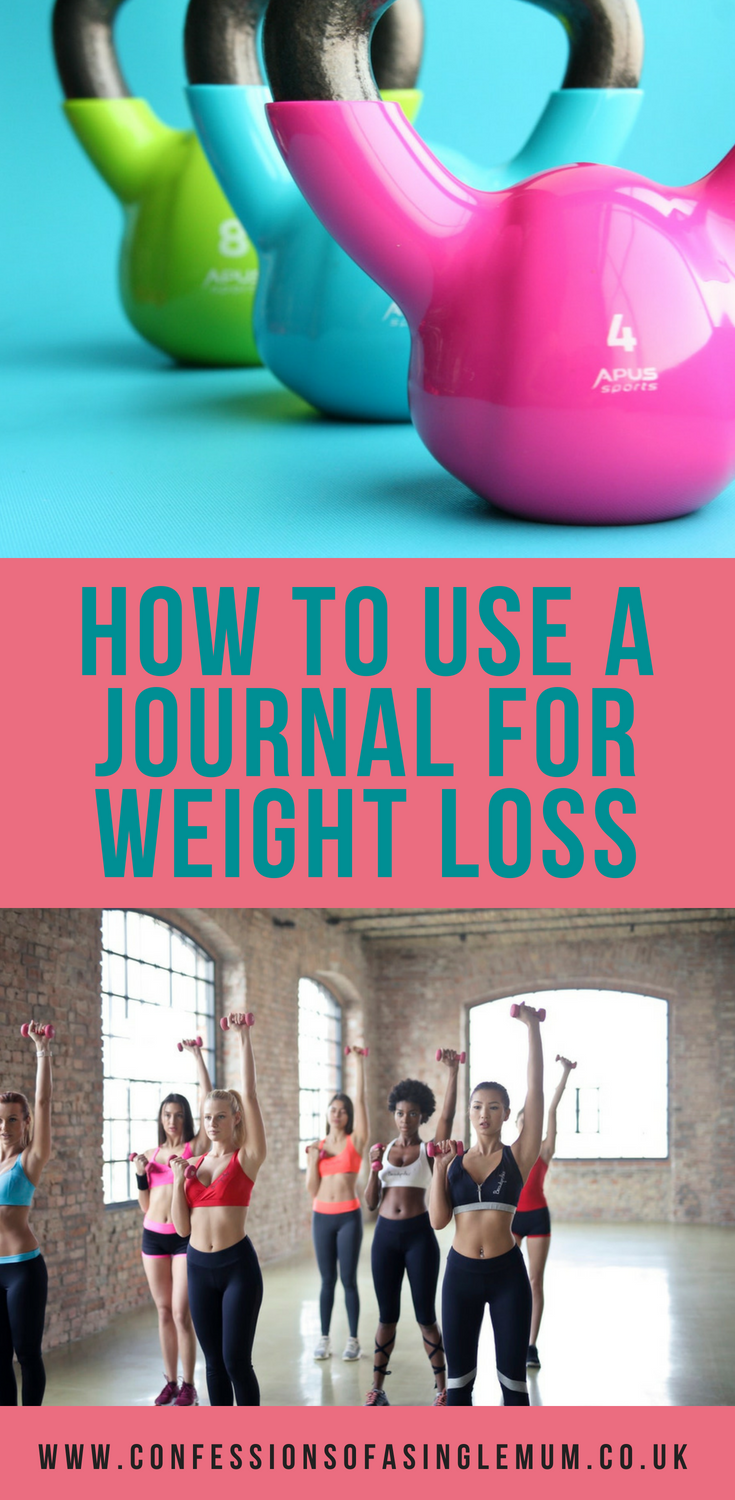How to Use a Journal for Weight Loss
Have you heard of a food diary? If you haven’t, it’s time to sit down and take a few moments to learn what it is and how it might benefit you and your overall health. You already know journaling is a wonderful way to get to know yourself and to relieve stress. It’s a great form of self-care, and it’s a wonderful way to really learn to control your thoughts and the way you respond to your own life. However, you can also use your journal to help you lose weight, and it’s much easier than you might imagine.
Write Down Everything You Eat
A food diary is how you know what you are eating, how much, and when. This is how you know where your problems are, how you can change your diet, and what’s keeping you from your goal weight. This part of your journal should be a type of bullet-list. Write down all you eat for every meal, what you eat between meals and everything you put into your mouth during the day.
Nothing is off-limits. Write down your snacks, the beverages you consume and write down everything that you pick up and eat. Did you grab a piece of chocolate from the candy dish at work? Write it down. When you see all you consumed in the form of a bullet list at the end of the day each day, you’re going to see where your problems are located.
Write Down How Active You Are
You might not realize just how inactive you are each day. Many people work sedentary jobs in which they don’t get up much throughout the day. When you take the time to write down how much you get up and walk around, how often you take a break, and every time you go to the gym, you can see how active or inactive you are. It might be what you need to see that you’re not getting up enough, walking enough, or spending as much time in the gym as you thought. This can help you change your habits and become increasingly active.

Write Down How You Feel
One way to really use your food journal to help you lose weight is to write down how you feel each day. Write down how you felt throughout the day. Were in you a great mood in the morning, sluggish in the afternoon, and downright upset at night? You might have a bad day at work, but you might also notice that your moods coincide with how you eat throughout the day.
For example, perhaps you’ll notice that the days you feel most tired and upset are the days you ate poorly or skipped breakfast. The point here is to keep a journal of what you eat in the form of a bullet-list combined with a notation of how you feel throughout the day. You gather evidence, put together the pieces, and you begin to see similarities in certain foods and moods.
Read Your Diary
Here is where people make mistakes. You can’t learn from your food diary if you’re not reading it. You needn’t read it every day, but you should spend some time reviewing your entries at the end of the week. Make notes about things you noticed. Perhaps you had fast food twice this week and both times you felt sluggish and upset. Maybe you had healthy dinners a few times this week and woke up feeling good and energized the following day. Make notes of things you notice like this s you can learn.
You begin to notice things you are experiencing, and this is where you begin to make changes. If you skip fast food all week, can you avoid being sluggish? You can make a note to try doing this during the upcoming week and see if it makes a difference. This is how you begin to make positive changes and focus on your life as it is.
Your journal can be used for so many things. There’s nothing you can’t write about, but keeping a food journal is something you might consider if you’re not already. It’s a helpful tool in the weight loss process, and it helps you get to know yourself a little better. Sometimes you can’t see the things that are holding you back because you don’t realize they’re happening. Seeing them listed on paper might just change your life.

